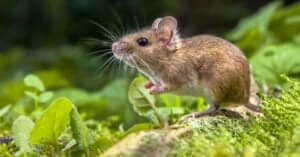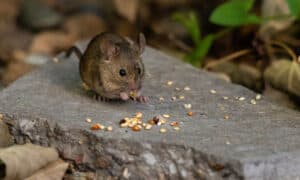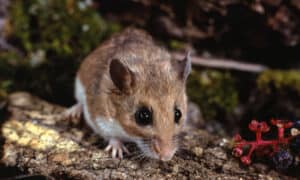Have you ever wondered what scents make mice flock to certain areas? These tiny creatures possess an incredible sense of smell, which enables them to detect enticing aromas from afar. Understanding the smells that attract mice can be crucial in preventing infestations and protecting your home.
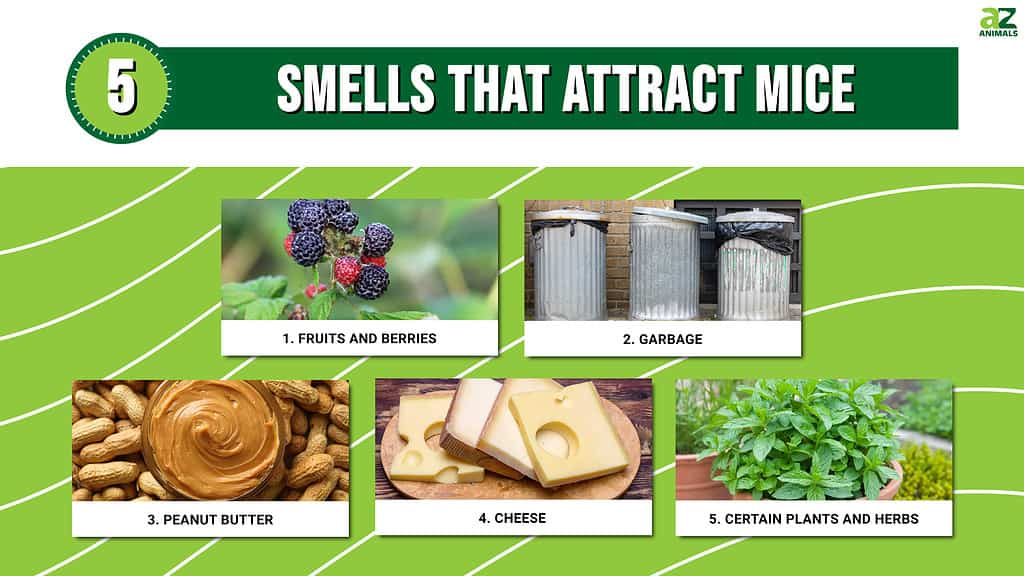
In this article, we explore five smells that attract mice. We also shed light on why these smells can be so irresistible to them. It’s important to note that these scents alone may not be the sole factor attracting mice. However, they certainly play a significant role in drawing rodent attention.
By familiarizing ourselves with these scents, we can take proactive steps to minimize their presence. For example, we can create an environment that is less appealing to these furry intruders. So, let’s delve into the world of mouse-attracting scents and arm ourselves with the knowledge to keep them at bay.
Disclaimer: This article serves as informative content only. It does not promote the use of scents to harm or lure mice intentionally. It is always better to focus on preventative measures and seek professional assistance when dealing with a mouse infestation.
Now, let’s embark on this olfactory exploration and uncover the intriguing scents that mice find irresistible.
1. Fruits and Berries
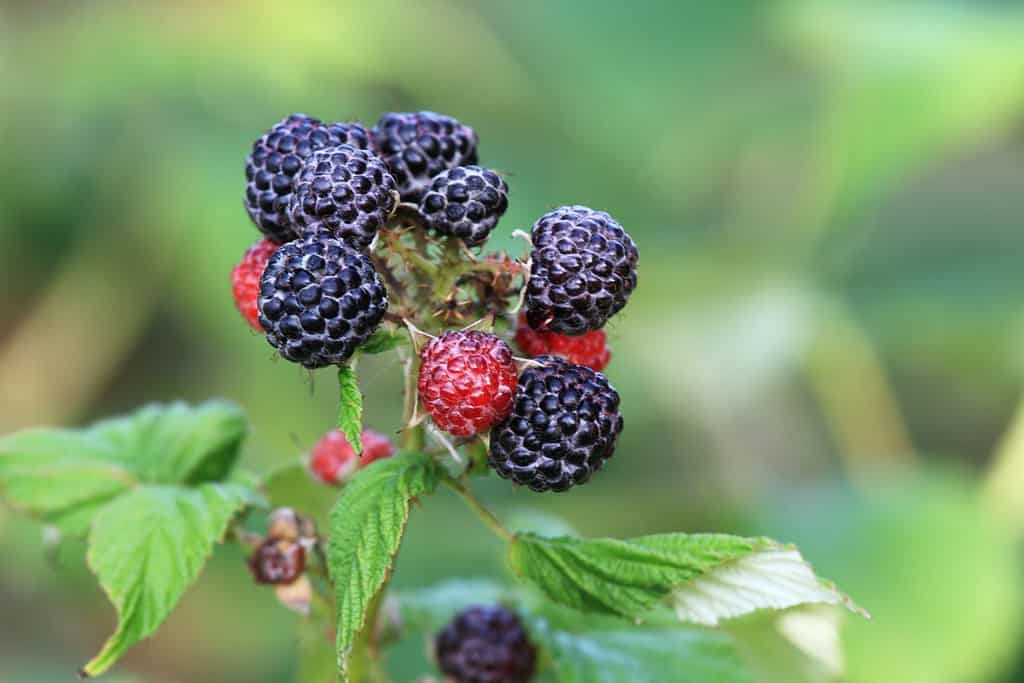
Mice are suckers for all types of berries.
©iva/Shutterstock.com
Mice, with their keen sense of smell, possess an innate attraction to the delightful aromas of fruits and berries. It’s no surprise that raspberry and blackberry bushes, along with apple and pear trees, act as magnets for these tiny rodents. The scent of ripened fruits wafting through the air entice mice to forage in search of a satisfying meal. When these delectable treats are left unattended, the enticing smell and inherent sweetness become irresistible. Their keen noses lead them straight to these sources of sustenance, fueling their insatiable appetites.
2. Garbage
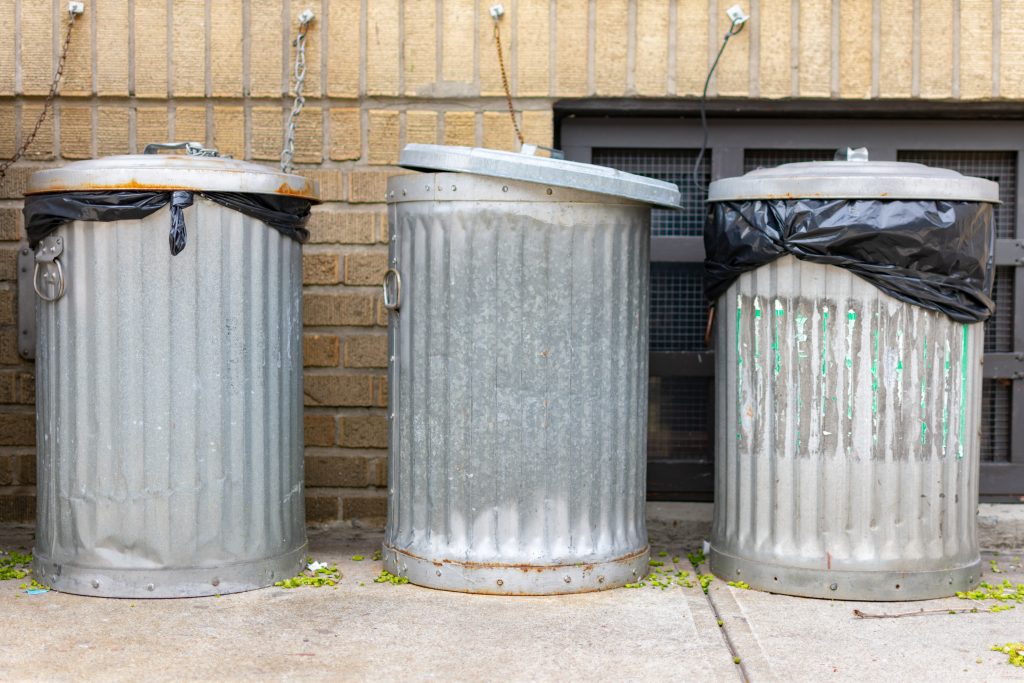
The smell of trash is a mouse magnet.
©James Andrews/ via Getty Images
When it comes to attracting unwanted rodents like rats and mice, poorly managed garbage cans are major culprits. These unattended waste receptacles draw these pesky critters toward residential areas. The pungent odors that emanate from the garbage become a lure for mice searching for a quick and easy meal. With their acute sense of smell, they can detect the tantalizing scent of discarded food from a considerable distance. It’s essential to prioritize proper garbage management, tightly sealing bins and regularly emptying them.
3. Peanut Butter
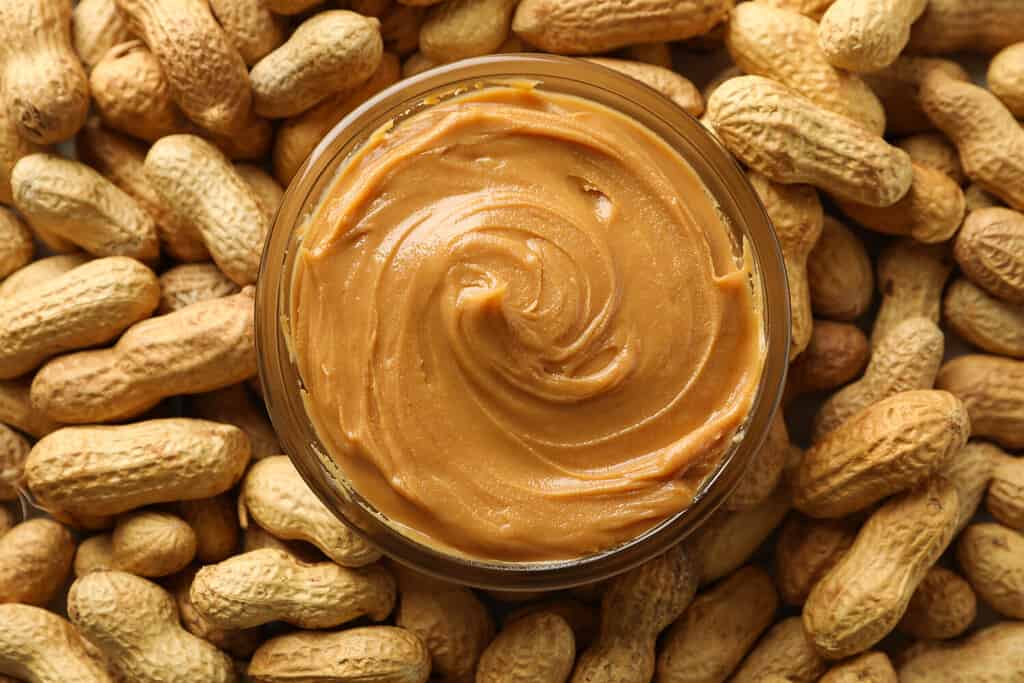
Mice love peanut butter.
©AtlasStudio/Shutterstock.com
Mice have a particular weakness for the rich and alluring aroma of peanut butter. This delectable spread has a way of enticing these tiny creatures like no other. The strong scent of everyone’s favorite nut butter acts as an invitation, drawing mice closer and closer to its source.
4. Cheese
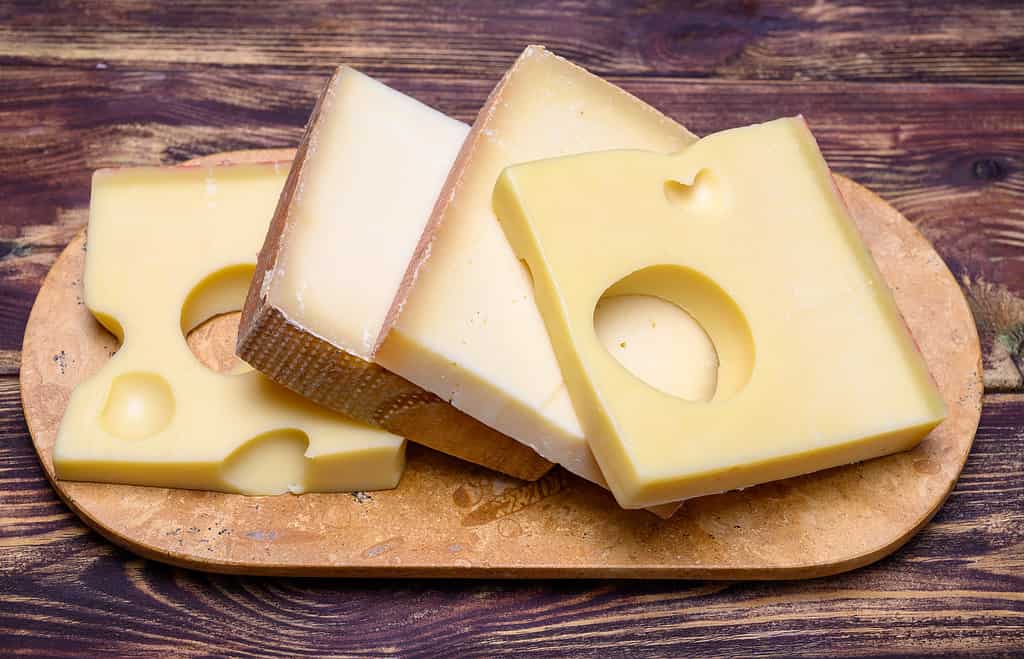
Although not their ultimate weakness, mice do have an affinity for cheese.
©barmalini/iStock via Getty Images
Contrary to popular belief perpetuated in media, mice’s affinity for cheese isn’t as pronounced as we’ve been led to believe. Mice are more often naturally drawn to the enticing aromas of fruits, grains, and nuts. The idea of cheese as their ultimate weakness is certainly a myth. Nevertheless, it’s worth noting that certain types of cheese can pique the interest of these curious critters. Soft or pungent varieties may capture the attention of mice, albeit to a lesser extent than other food options. So, while cheese may not be their top culinary choice, it can still play a role in enticing these adventurers.
5. Certain Plants and Herbs
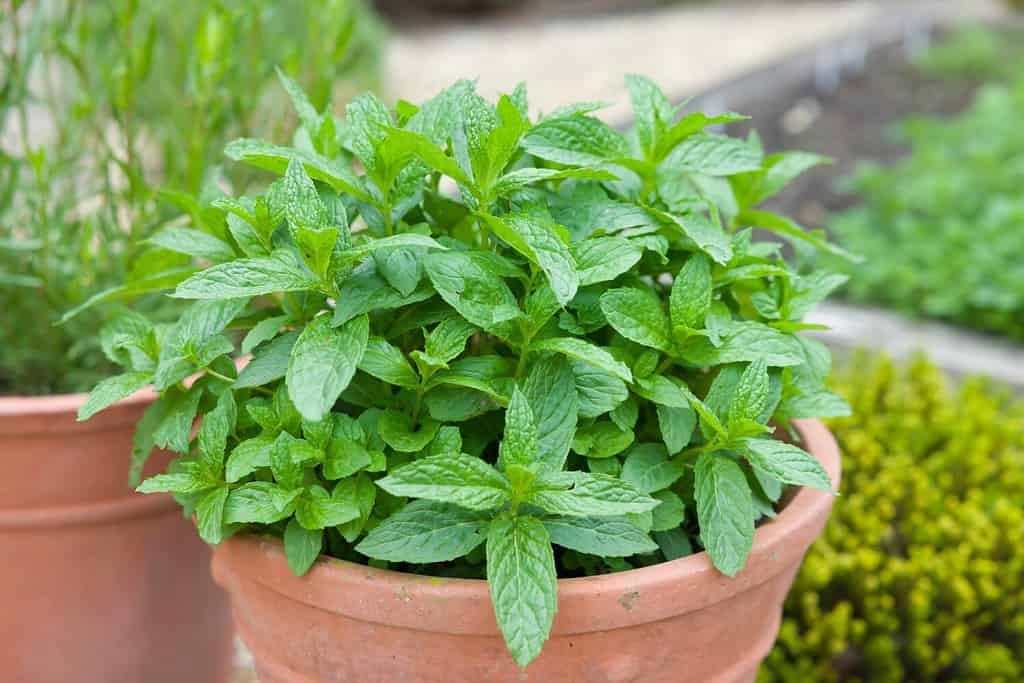
Certain plants and herbs, like mint, attract mice.
©Paul Maguire/Shutterstock.com
Many plants and herbs possess the remarkable ability to repel common pests, making them popular choices for natural pest control. Chrysanthemums, petunias, mint, basil, lavender, chives, and rosemary are among these versatile botanicals. However, it’s important to note that while these plants may deter many unwanted insects and pests, they can also inadvertently emit smells that attract mice. The aromatic scents can be alluring to these curious creatures, as they explore their surroundings in search of food and shelter. Therefore, it becomes a delicate balance. The benefits of repelling certain pests must be weighed against the potential risk of inadvertently drawing in mice.
The photo featured at the top of this post is © JR Slompo/iStock via Getty Images
Thank you for reading! Have some feedback for us? Contact the AZ Animals editorial team.




